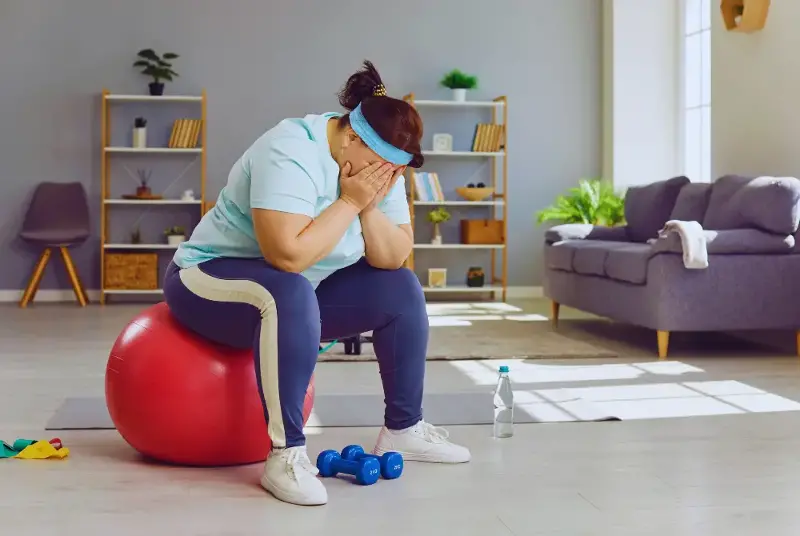
SHAH ALAM – Malaysians must stop blaming themselves or others for obesity and start viewing it as a medical condition that requires proper treatment, not judgment, says Consultant Endocrinologist and Physician at Thompson Hospital, Dr Swarupini Ponnampalam.
"When people recognise obesity as a disease, their entire approach changes.
"Those who are obese often suffer from very low self-esteem and when they’re told it’s their fault, the cycle just gets worse; they feel bad, they get depressed, they eat more and they gain more weight. It becomes a vicious cycle," she told Sinar Daily.
She stressed that obesity should be approached as a complex, treatable condition involving multiple factors, including physical, psychological and hormonal components.
"Once it’s recognised as a disease, patients can be referred to the right team, which takes a multi-disciplinary approach.
"That means not just nutritional support, but also mental health support and medical evaluation to identify any underlying hormonal or metabolic causes," she added.
Dr Swarupini stated that for many teenagers, obesity could be linked to medical issues such as thyroid disorders or excessive cortisol levels, conditions that cannot be managed by diet and exercise alone.
However, she pointed out that many Malaysians still perceive obesity as a lack of discipline, resulting in limited financial support for treatment.
"We find it difficult to get funding because people don’t see it as a disease. They think the patient just needs to eat less and move more, which is not the case for everyone," she said.
She claimed that recognising obesity as a disease could encourage both public and private sectors to step up with insurance coverage and government-backed interventions.
"If it’s officially recognised, medical aid and insurance coverage can follow, that would change everything," she said.
Beyond medical intervention, Dr Swarupini said helping teenagers build confidence is equally crucial.
"They have to be told that there is a solution, and that solution is 50 per cent them and 50 per cent treatment.
"With that understanding, they can feel encouraged to make lifestyle changes instead of feeling hopeless," she added.
